Conservation genetics in Italy, a hot spot of Mediterranean biodiversity
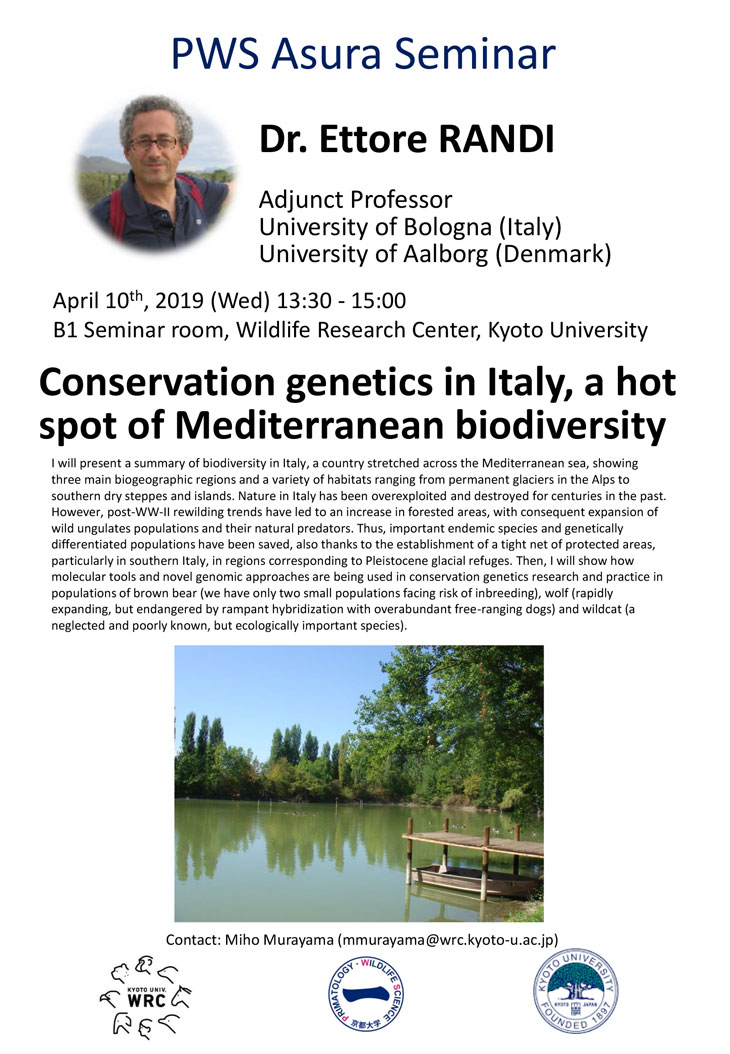
Date & Time
April 10, 2019. 13:30-
Location
Wildlife Research Center B1 floor
Lecturer
Professor Ettore Randi
Adjunct ProfessorUniversity of Bologna (Italy) and University of Aalborg (Denmark)
I will present a summary of biodiversity in Italy, a country stretched
across the Mediterranean sea, showing three main biogeographic regions
and a variety of habitats ranging from permanent glaciers in the Alps
to southern dry steppes and islands. Nature in Italy has been
overexploited and destroyed for centuries in the past. However,
post-WW-II rewilding trends have led to an increase in forested areas,
with consequent expansion of wild ungulates populations and their
natural predators. Thus, important endemic species and genetically
differentiated populations have been saved, also thanks to the
establishment of a tight net of protected areas, particularly in
southern Italy, in regions corresponding to Pleistocene glacial
refuges. Then, I will show how molecular tools and novel genomic
approaches are being used in conservation genetics research and
practice in populations of brown bear (we have only two small
populations facing risk of inbreeding), wolf (rapidly expanding, but
endangered by rampant hybridization with overabundant free-ranging
dogs) and wildcat (a neglected and poorly known, but ecologically
important species).
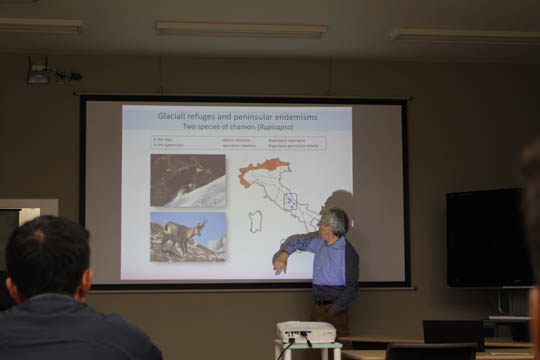
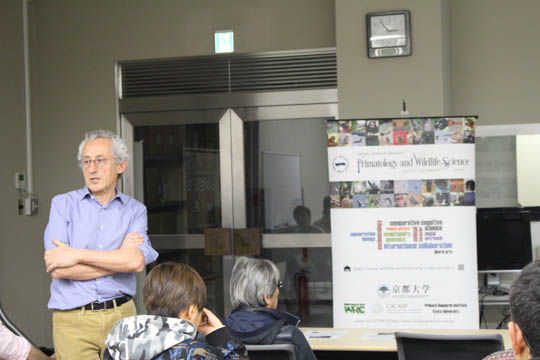
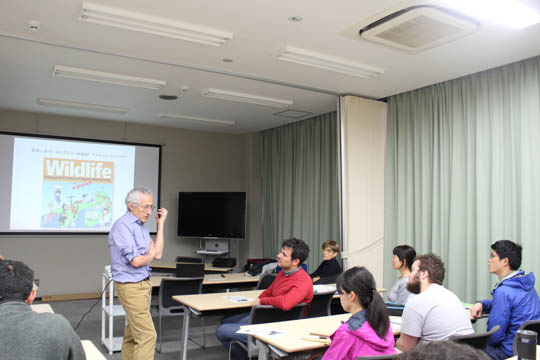
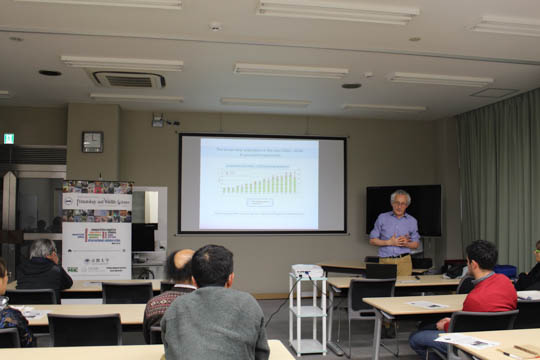
参加者
29名(うちPWS履修生7名)